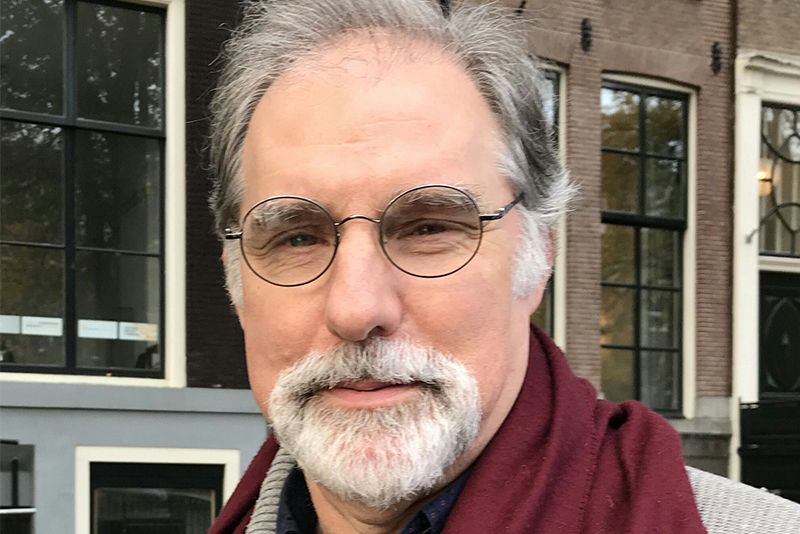24 Apr James Wiggins – Catalyst for Change: Leaving a Legacy to Prevent Black Land Loss in Bolivar, Yazoo, and Leflore Counties

As we kick off our celebration of remarkable individuals and organizations under this year’s Catalyst of Change theme, we are excited to shine a spotlight on a man who has helped enlarge MCJ’s capacity to accelerate change through his philanthropic gift. Join us this week as we introduce you to Mr. James Wiggins, a Catalyst of Change.
James Wiggins grew up with his two older sisters on a soybean and rice farm, one county over from the notorious state penitentiary known to most as Parchman Farm. His grandfather’s first cousin was the prison warden in the mid-20th century. When Wiggins visited, he never saw or had an inkling of the inhumanity of the place.
From a young age, Wiggins grew up willfully oblivious to the systemic issues plaguing our country. However, through his experiences and studies, he has come to recognize the deep-seated injustices and inequalities faced by many Black individuals. This awakening has shaped his perspective and propelled him to take action. Today, we proudly name Wiggins as a Catalyst for Change, honoring his commitment to challenging inequities and championing justice.
Wiggins taught World History for 40 years at the Copiah-Lincoln Community College, but it was not until he created and taught a series of classes on slavery and race in American history for the Natchez community that his perspective on American history changed significantly.
As Wiggins delved deeper into the study of Southern history, he unearthed a disheartening truth. Many Black farmers who were formerly enslaved were granted farmland in the same area he grew up in. However, the legacy of structural inequality has steadily depleted their ranks. For Wiggins, the sad reality of how these farmers were robbed of the opportunity to build a life for themselves and their families is a sobering reminder of the injustices that were and still are perpetuated against Black farmers.
This legacy of Black land loss motivated Wiggins to make a difference by donating $50,000 to the Mississippi Center for Justice, supporting the work of our Heirs’ Property Campaign, which provides legal assistance to Black landowners in Bolivar, Yazoo, and Leflore Counties with uncontested heirs’ property land title issues. Mr. Wiggins’ gift catalyzes change by helping families clear title to their land in heirship situations and establish current property ownership.
Wiggins is clear about his desire to have an impact on this issue: “As a white man from the South, I was motivated to combat decades of systemic racism in my community. I contributed to MCJ, an organization actively addressing discriminatory practices in farming communities, confident that my support would make a positive impact.”
This year, Wiggins authored “Outliving the White Lie: A Southerner’s Historical, Genealogical, and Personal Journey.” The book is a blend of public, family, and personal history that charts the conflicting narratives of American and Southern identity. Wiggins takes a critical look at the many untruths about the history and legacy of race that have proliferated among white Americans, from the misrepresentations about Black Confederates to the age-old fact of affirmative action for whites to the myth of a “post-racial” America.
In James Wiggins, we find a compelling example of dedication and resolve, a true embodiment of a Catalyst for Change. Wiggins’ transformative $50,000 donation is already making an impact, changing lives and empowering communities. As Wiggins continues to challenge the status quo through his writing and philanthropy, his legacy serves as a rallying cry for all who strive for a more just and equitable society. Together, let us heed his call and join the fight for racial, economic, and social justice, ensuring that the seeds of change he has planted flourish into a future of equality for all.
We honor Mr. Wiggins’ legacy today. In the weeks to come, we will honor others who embody the desire to dismantle the systemic inequalities that exist. We hope that you will join us in celebrating.
Click here to learn more about our heirs’ property campaign.


